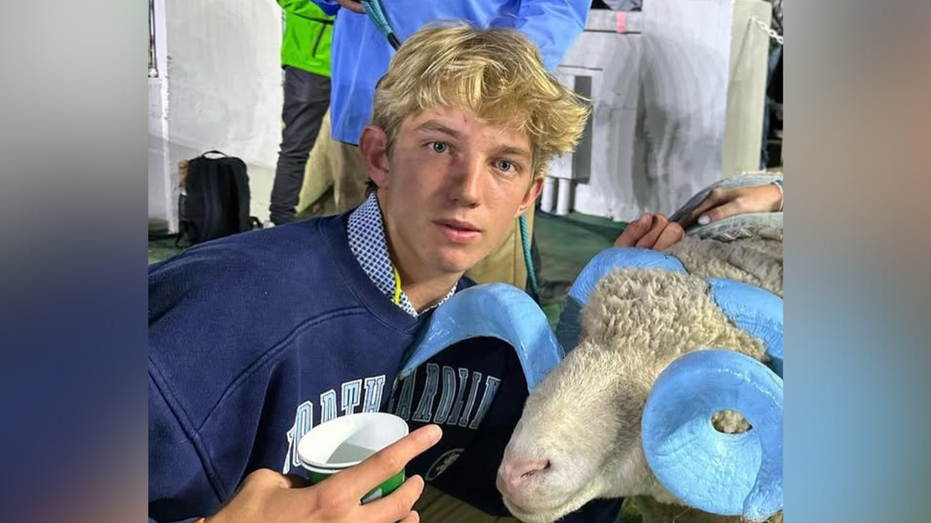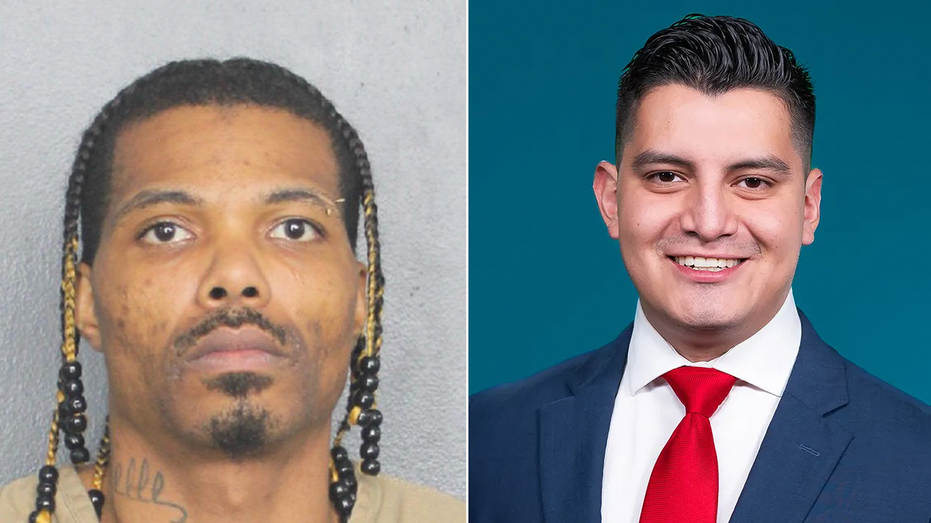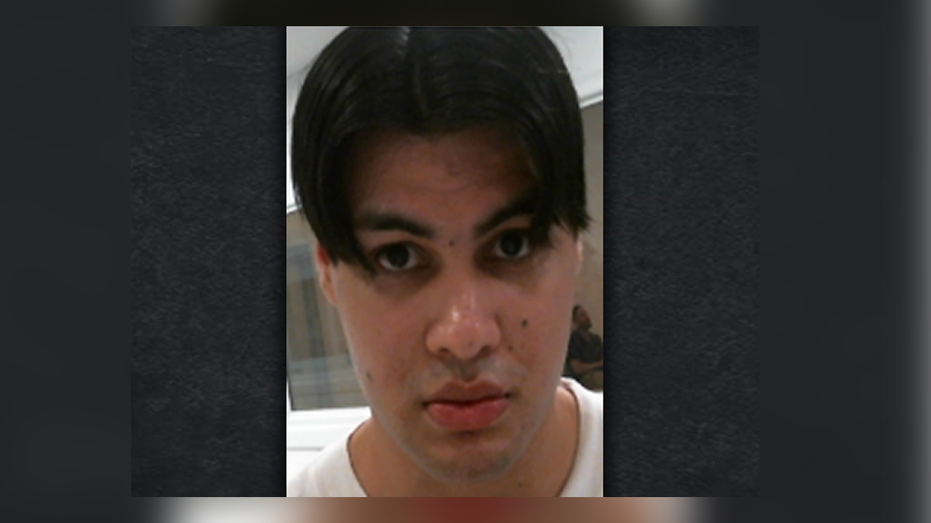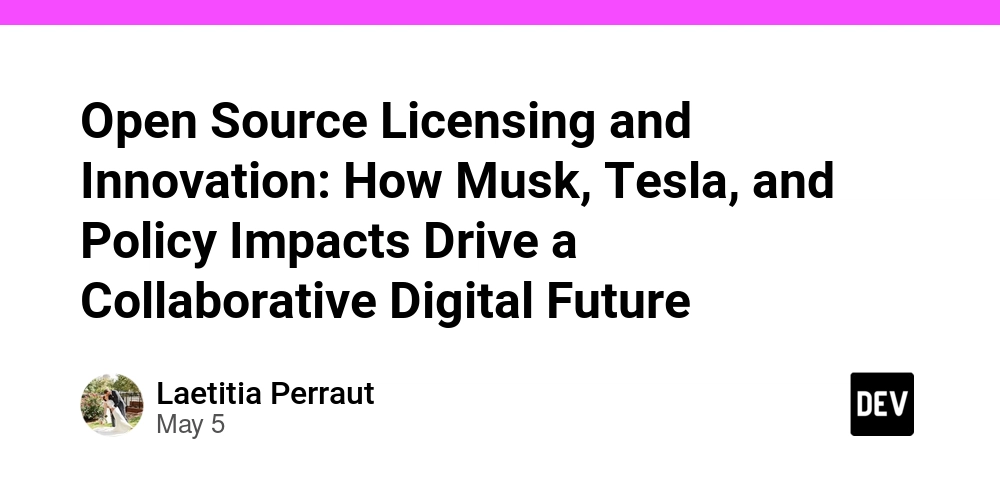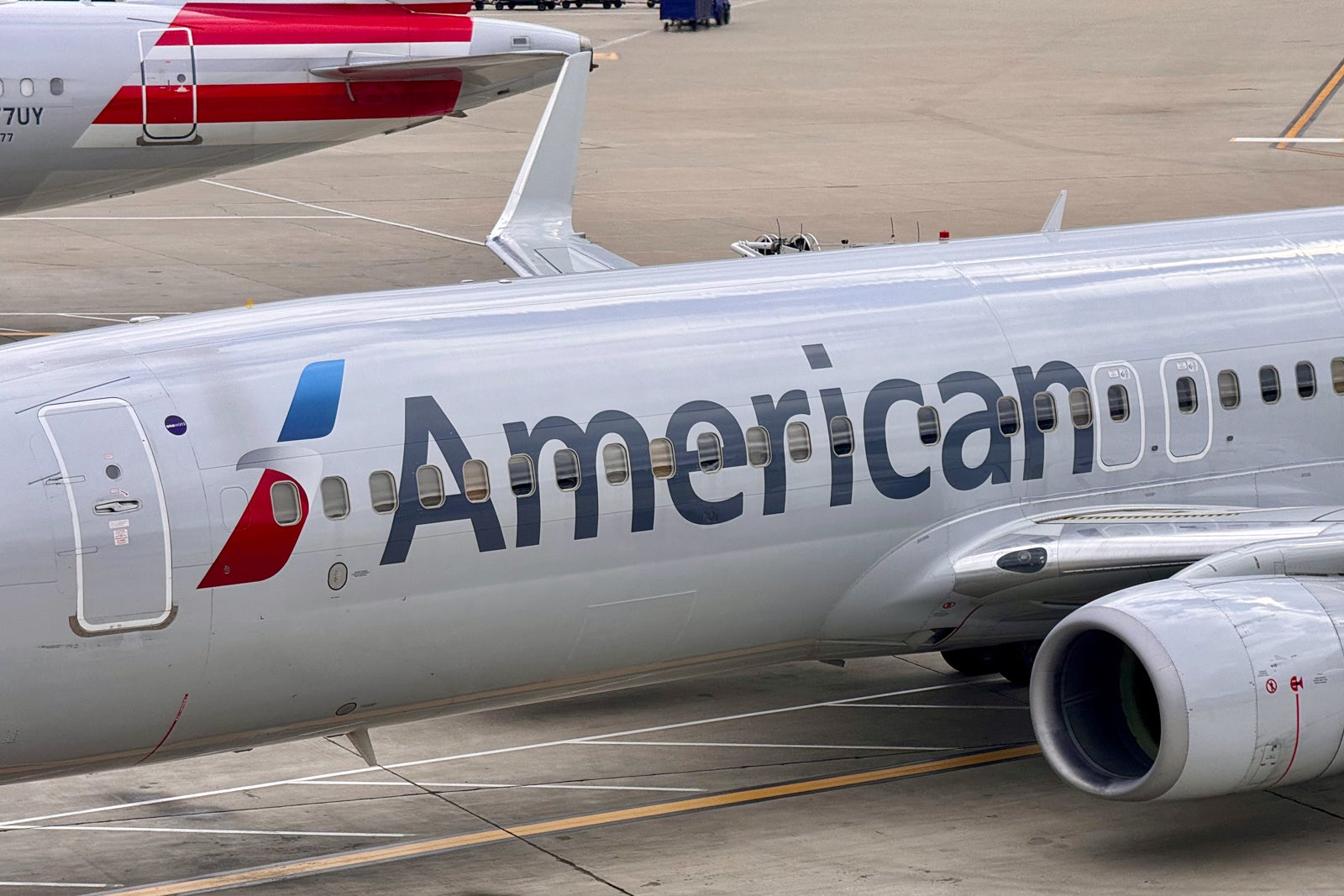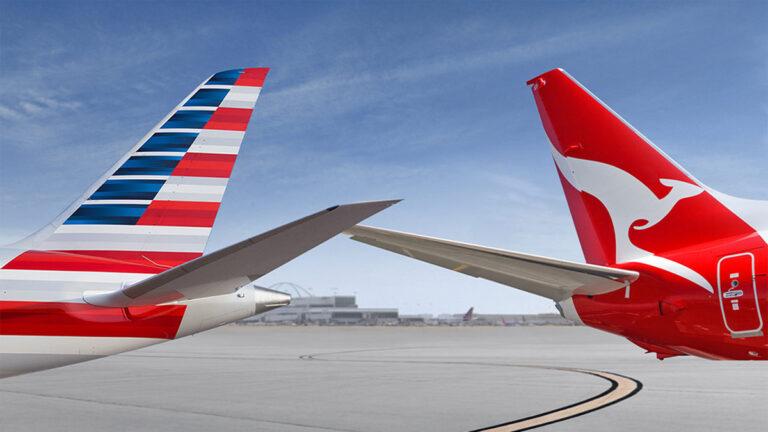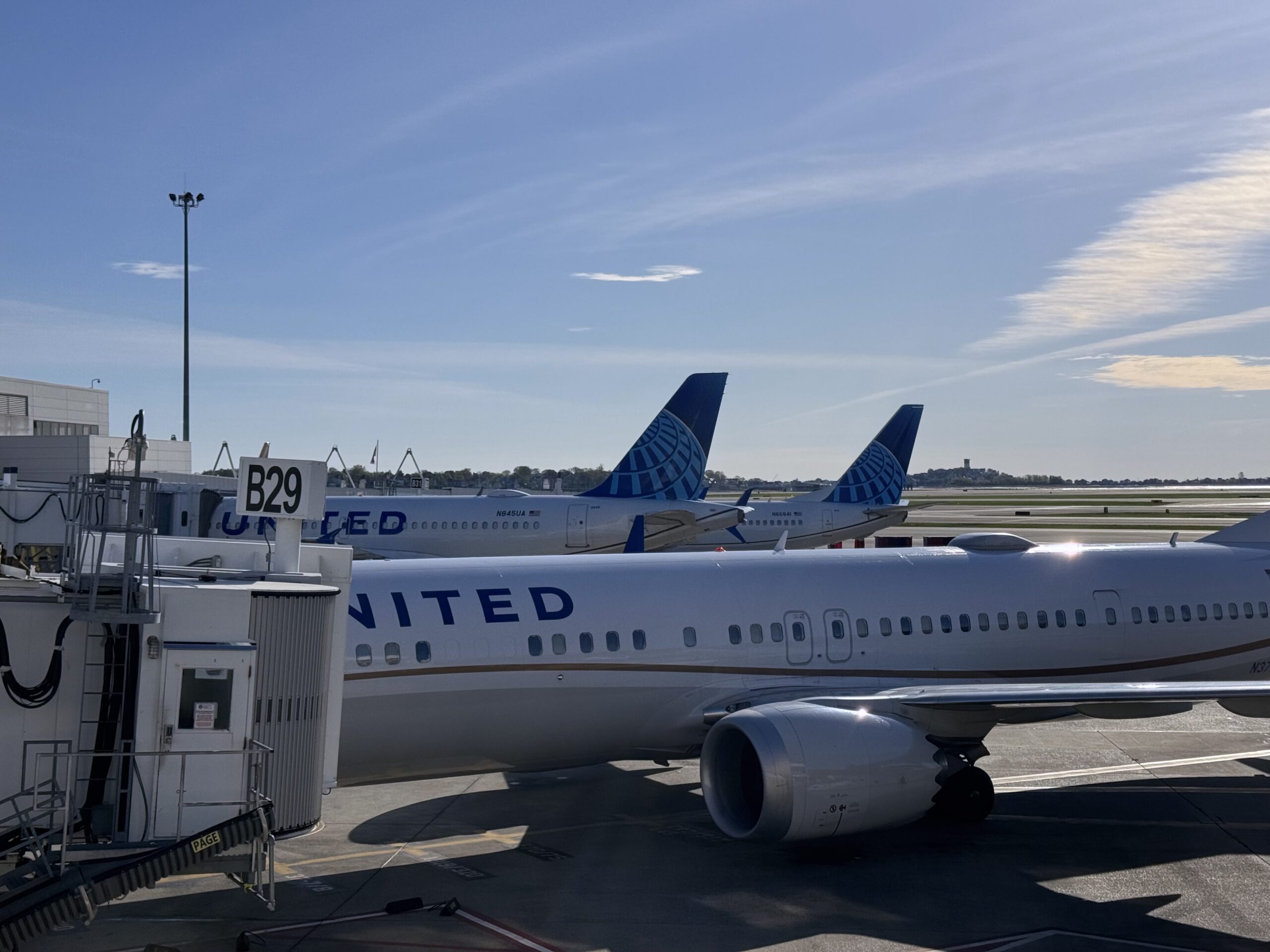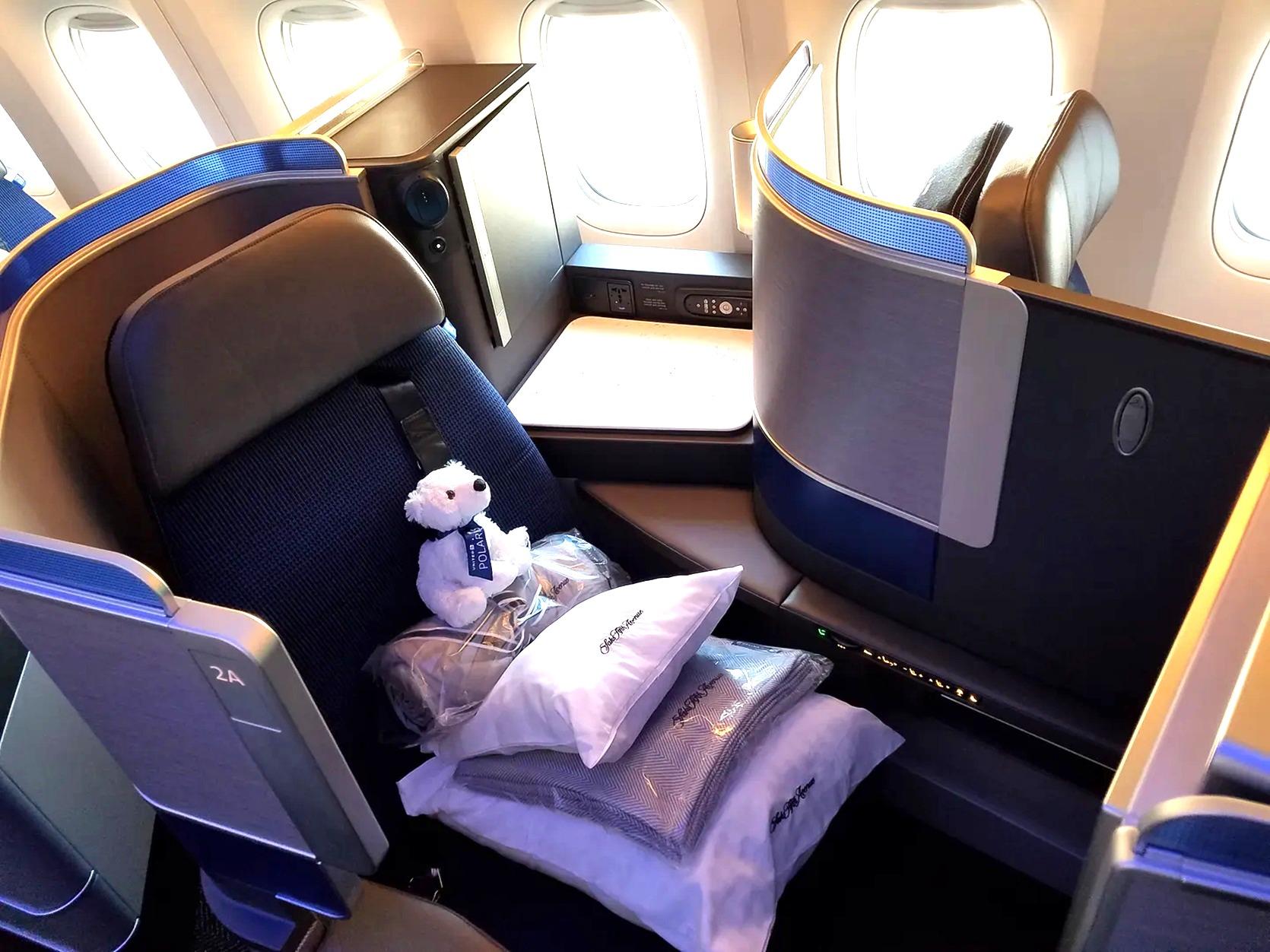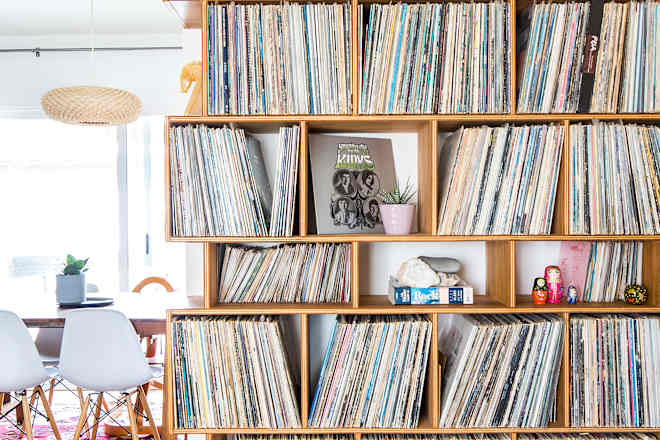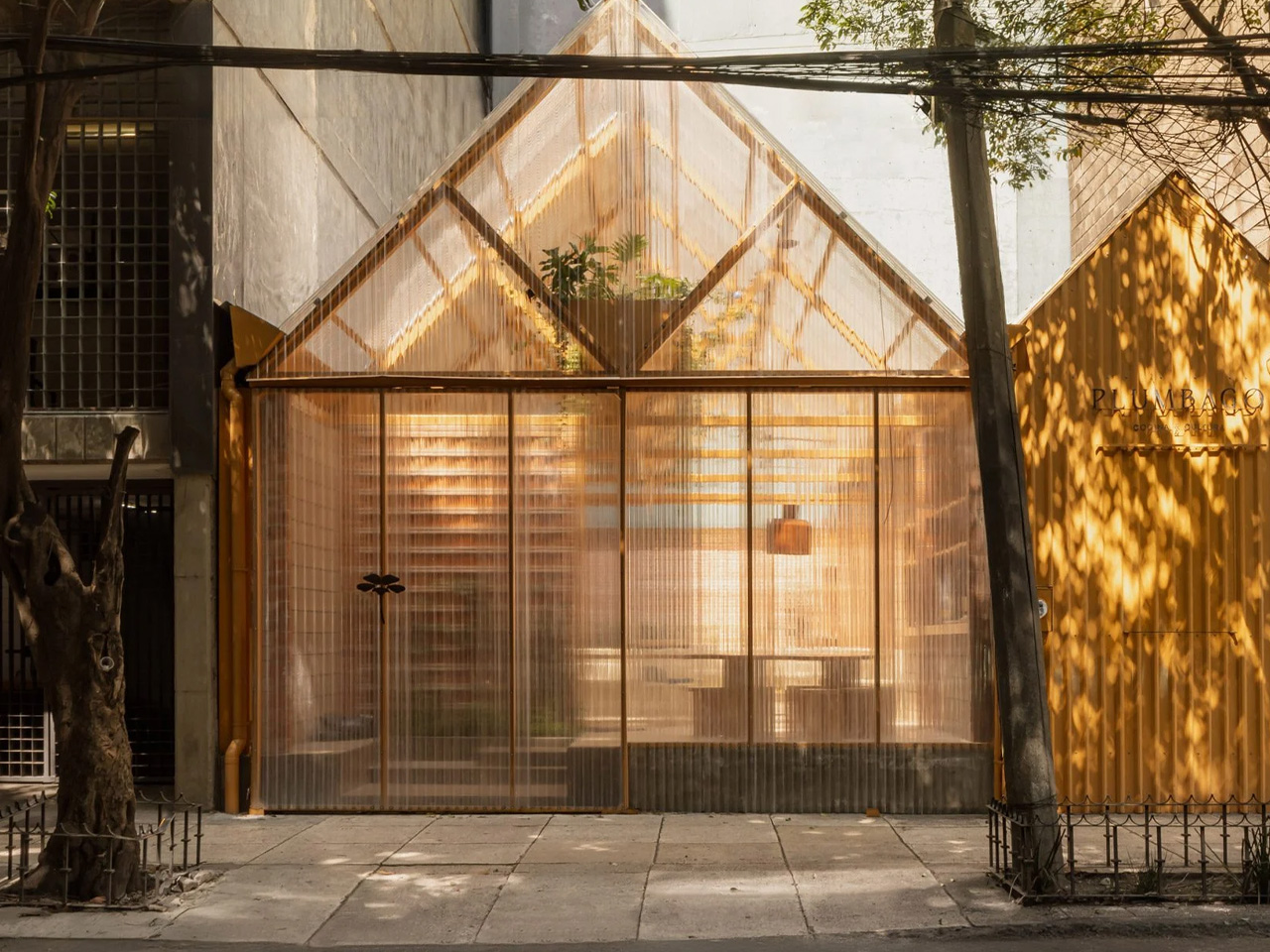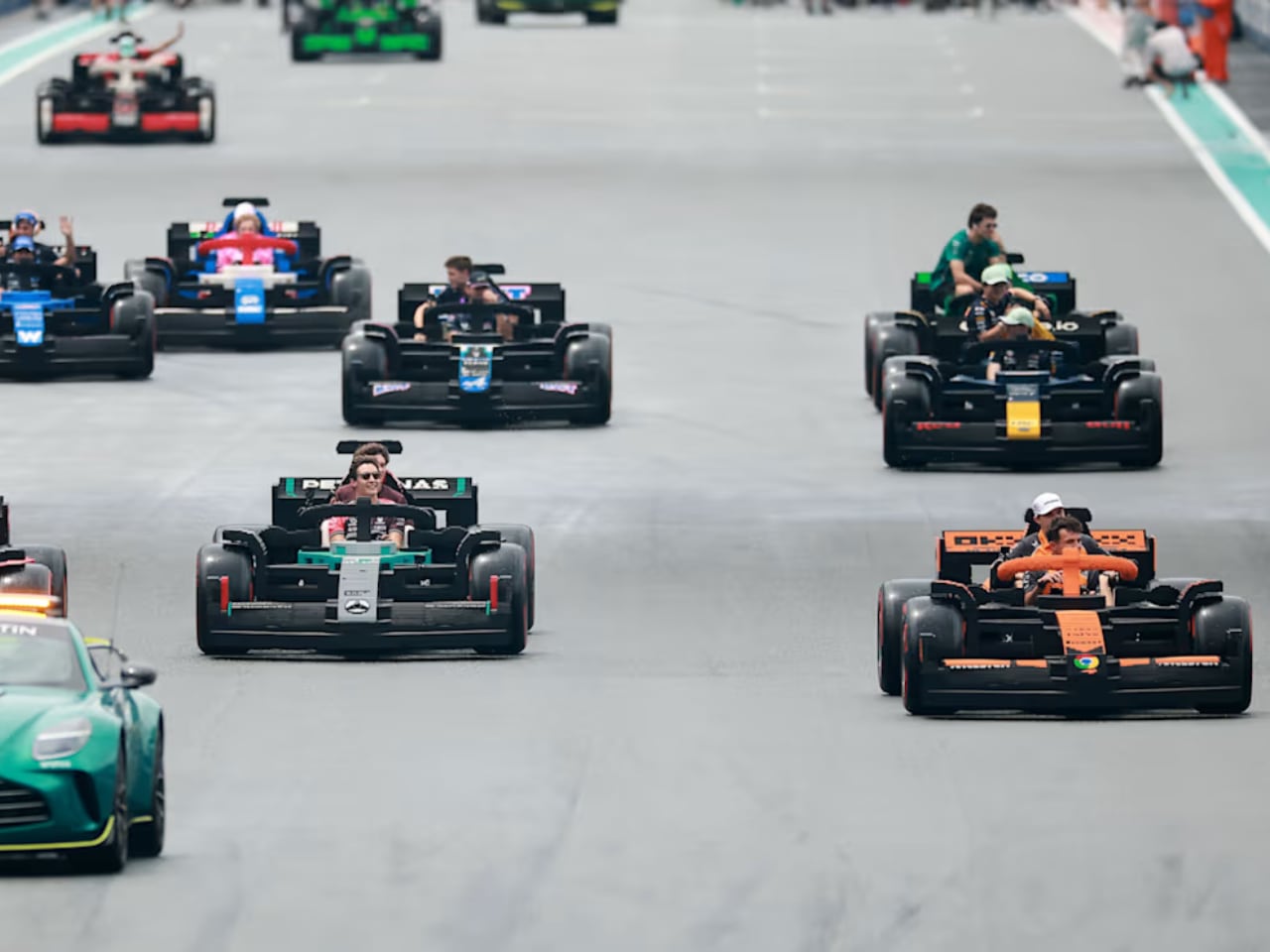Why Canadians Are Nervous About Carney’s Visit With Trump
Canada's newly-elected Prime Minister faces high stakes with Donald Trump over trade, tariffs, and sovereignty


President Donald Trump’s meetings with foreign leaders have rarely unfolded according to script. Just ask Ukrainian President Volodymyr Zelensky, whose recent Oval Office visit spiraled into a televised dressing-down that left diplomats stunned— even as his approval ratings at home ticked up. Now, it’s Canada’s turn.
On Tuesday, newly-elected Prime Minister Mark Carney will become the latest leader to step into the high-stakes theater of Trump’s White House. But for Canadians, the risks feel uniquely acute: Trump has already floated the idea of Canada becoming the 51st state, suggested its prime minister should be called “Governor,” and imposed sweeping tariffs that have strained one of the world’s most durable trade relationships. [time-brightcove not-tgx=”true”]
“He’s got more to lose than he has to gain,” says Robert Bothwell, a University of Toronto professor of Canadian history and international relations, who warned that Carney risks becoming the next foreign leader used as a political prop. “The Zelensky precedent is not encouraging.”
Carney insists he is going to Washington to “get the best deal for Canada” and to address what he calls “immediate trade pressures.” But even before the first handshake, Trump sounded bemused. “I’m not sure what he wants to see me about,” the President told reporters on Monday. “I guess he wants to make a deal. Everybody does.”
The optics alone carry peril for Carney, who won office on a promise to stand up to Trump. His electoral mandate was forged in backlash to the President’s economic aggression, rhetorical slights, and apparent disregard for Canadian sovereignty. Yet despite the campaign bravado, experts say that if Tuesday’s meeting turns into a spectacle, the damage could be lasting.
“Canadians expect that he will not be subservient,” Bothwell says. “And if Trump gets out of line in public, then it’s Carney’s job to shake his head and say, ‘Well, no, I don’t agree.’”
The pressure on Carney to avoid a Zelensky-like moment is palpable. The Ukrainian leader, though ultimately bolstered politically at home, walked into a meeting with Trump in late February that many foreign policy analysts described as a “trap”—one that underscored Trump’s hunger for dominance in bilateral encounters. But unlike Zelensky, Carney comes to Washington as the leader of a much closer ally—but one that Trump has openly toyed with. His offhand comments about annexation and trade punishment have set off alarm bells in Canadian diplomatic circles.
“I’m really not trolling,” Trump said in an interview with TIME on April 22 when asked about making Canada the 51st state, claiming that the U.S. is losing $200 to $250 billion a year supporting it through military spending and a trade deficit, which fact checkers have been unable to verify. “I asked a man who I called Governor Trudeau. I said, ‘Why? Why do you think we’re losing so much money supporting you? Do you think that’s right? Do you think that’s appropriate for another country to make it possible, for a country to sustain’ and he was unable to give me an answer, but it costs us over $200 billion a year to take care of Canada.”
Trump added: “We don’t need their lumber, we don’t need their energy—we don’t need anything from Canada. And I say the only way this thing really works is for Canada to become a state.” He has also described the border between the two nations as an artificially drawn line that hinders economic integration and security cooperation.
Speaking after his electoral victory, Carney said his country would “never” yield to the United States: “As I have been warning for months, America wants our land, our resources, our water, our country,” he said on April 29. “But these are not idle threats. President Trump is trying to break us so that America can own us. That will never ever happen.”
For Carney, the timing is both fortuitous and fraught. With a strong Liberal minority in Parliament and no looming election, he has some room to take risks, says Daniel Béland, a political science professor at McGill University in Montreal. “Before the federal elections, it would have been a bad idea for Prime Minister Carney to visit the White House, as it would have been a risky proposition from an electoral standpoint,” Béland says. “Now that the Liberals have a strong minority government in terms of seats and that new federal elections are unlikely anytime soon, he can probably afford the risk of meeting with President Trump, even if the latter’s mercurial style must remain a concern for the Prime Minister and his team.”
Still, Bothwell said, “anybody looking at the Zelensky event should think twice before coming to the Oval Office and letting Trump attack and go after you.”
Carney, for his part, has shown little appetite for deference. Since taking office, he has declared the end of the era of automatic U.S.-Canada integration and emphasized ties with the U.K. and France instead. “Our old relationship, based on steadily increasing integration, is over,” he said at a press conference on Friday. Carney added that he primarily planned to use his meeting with Trump to discuss military spending and the 25% tariffs he enacted against Canadian exports, including on vehicles, auto parts, steel and aluminum—which could threaten hundreds of thousands of jobs and prompted Canada to announce a series of retaliatory 25% tariffs on U.S. imports. “It will be a complex negotiation,” he said.
But even Carney’s supporters acknowledge that symbolically asserting sovereignty in front of cameras is not the same as negotiating tariff rollbacks behind closed doors—especially with Trump already pushing for an early review of the U.S.-Mexico-Canada Agreement, originally scheduled for 2026. That broader renegotiation could turn Tuesday’s meeting into a critical moment in the continent’s economic future.
Still, Carney is managing expectations. “Do not expect white smoke out of that meeting,” he said Friday. But in Trump’s White House, the goal may be simpler—and harder: not getting humiliated.
“President Trump is unpredictable and he can shift his positions and rhetoric very rapidly,” Béland says. “He also cares a lot about optics and personal interactions with other world leaders… For Prime Minister Carney, the most important thing is to stand his ground and avoid public humiliation.”
